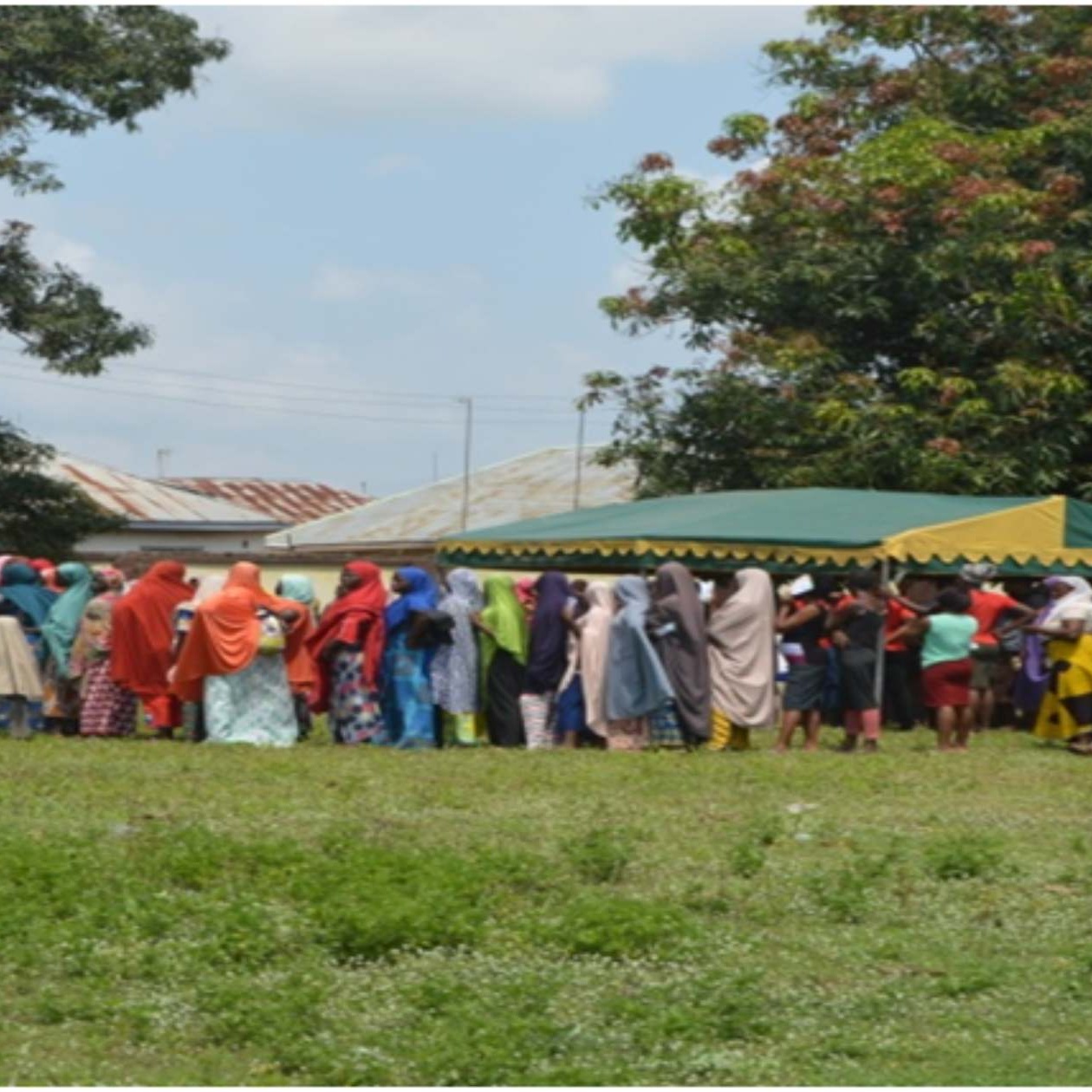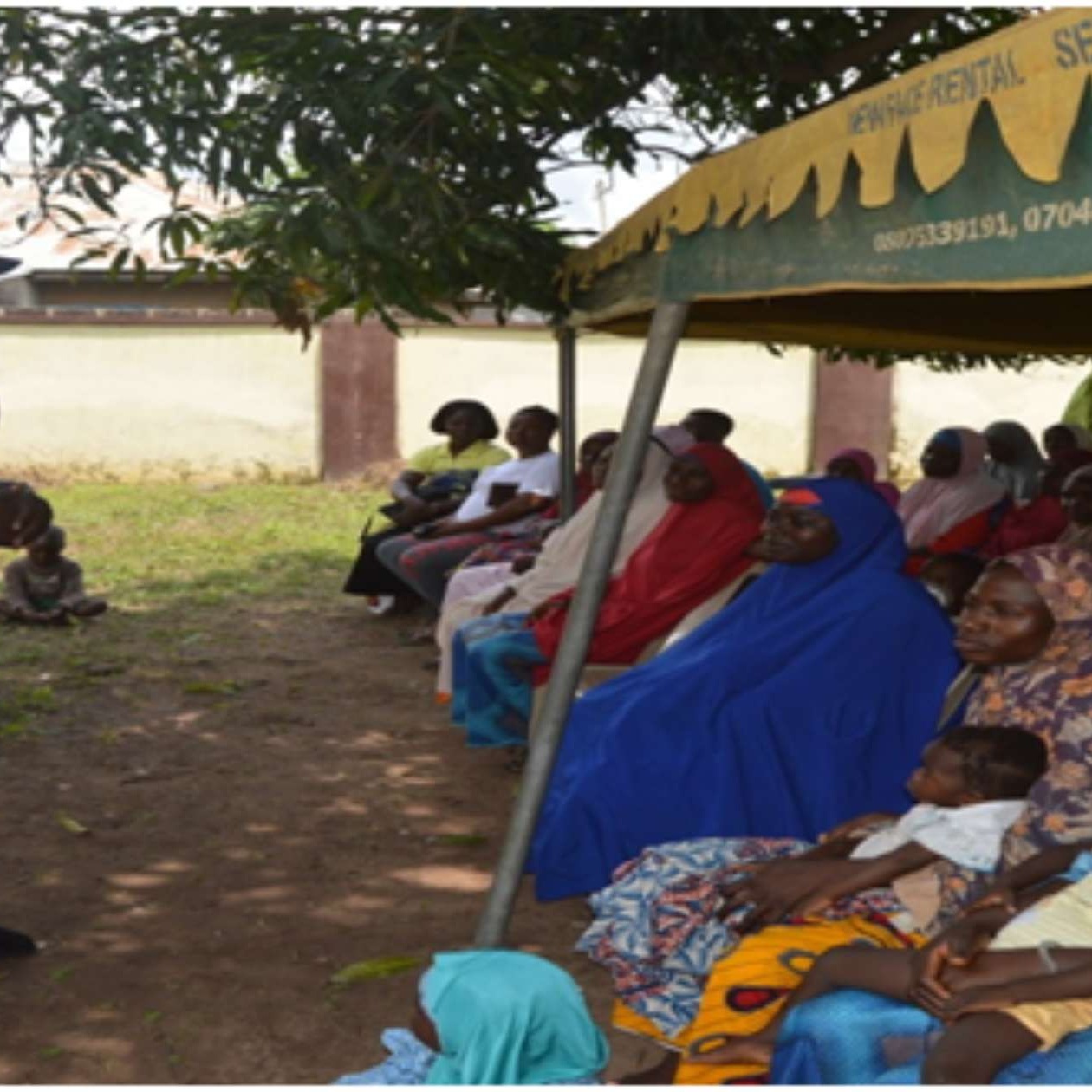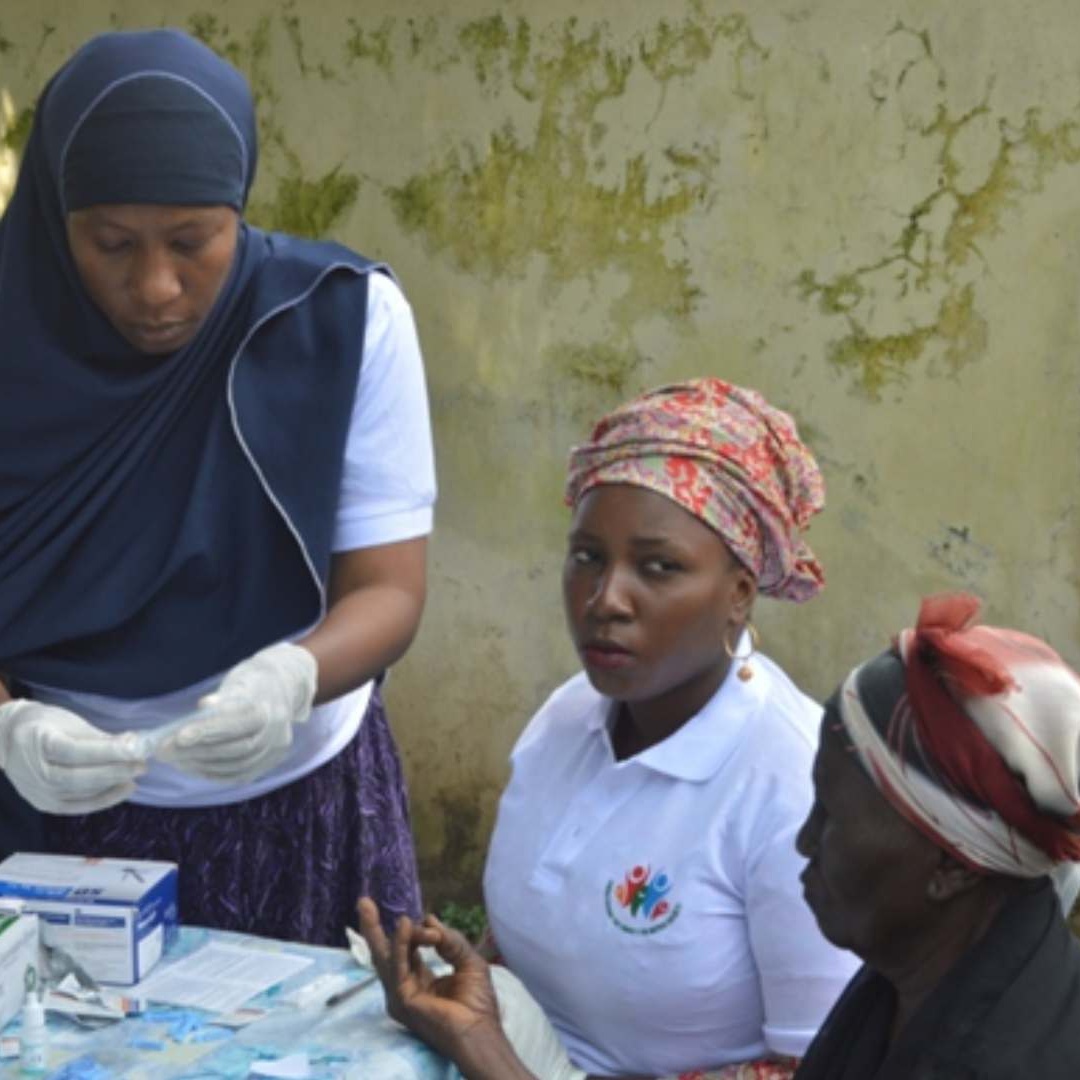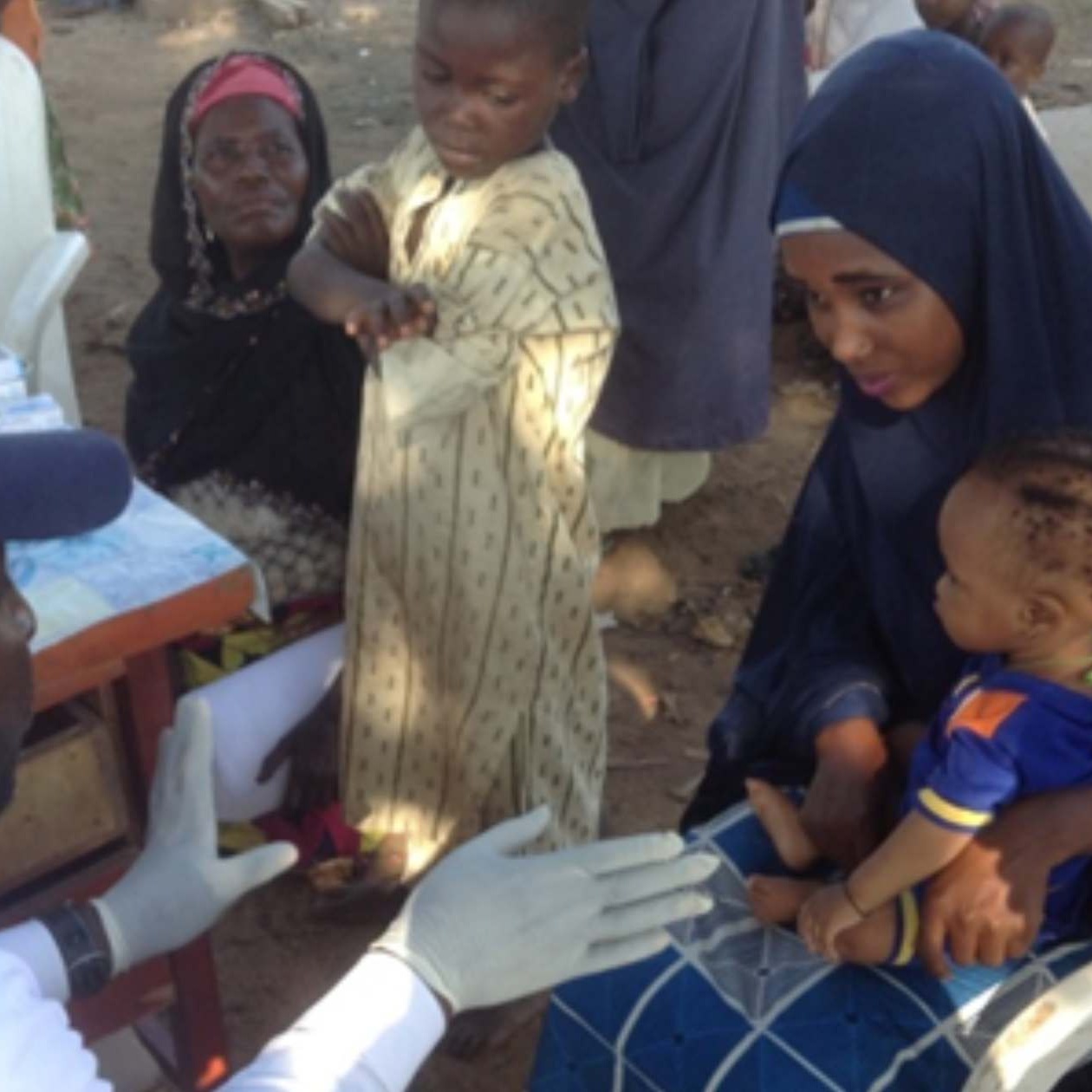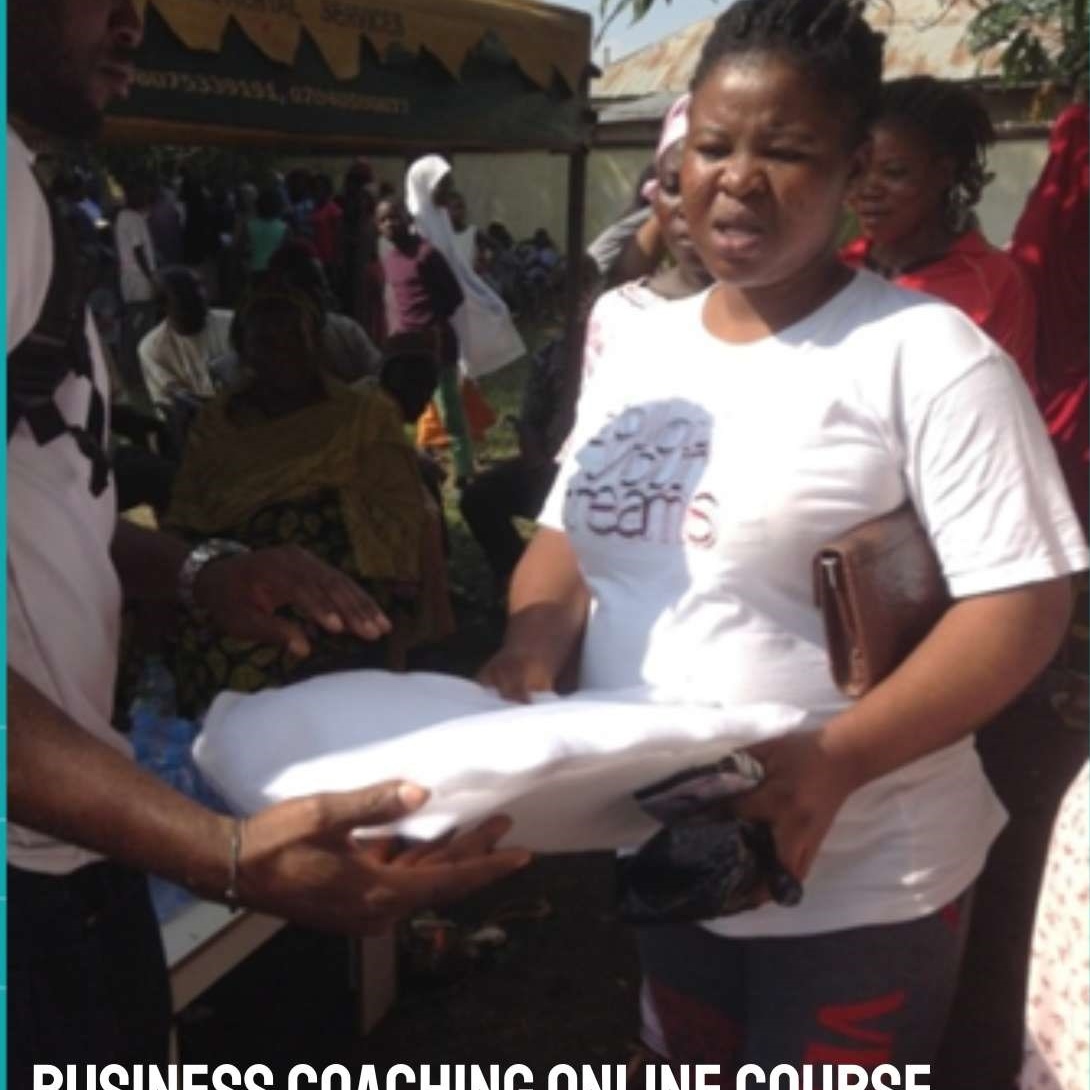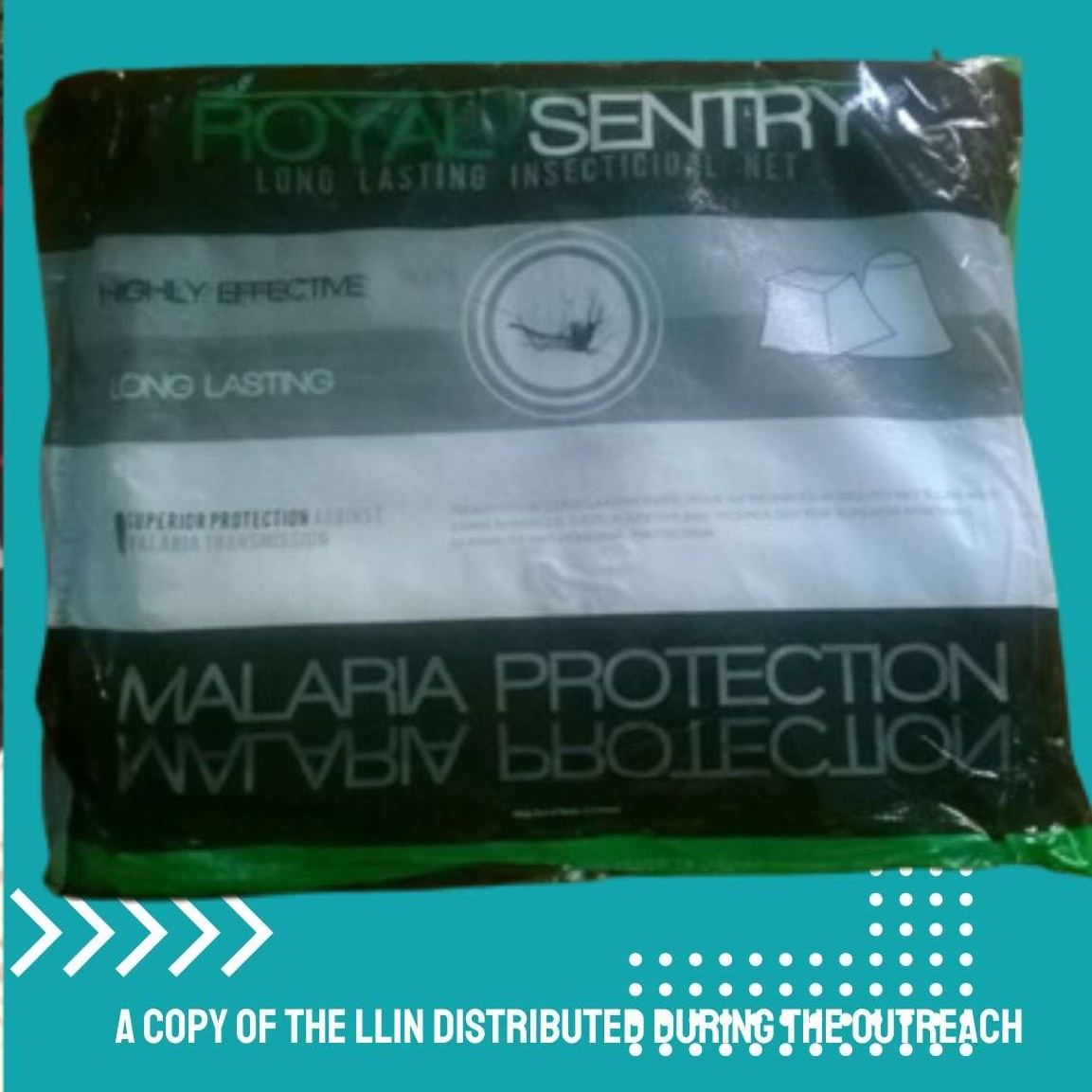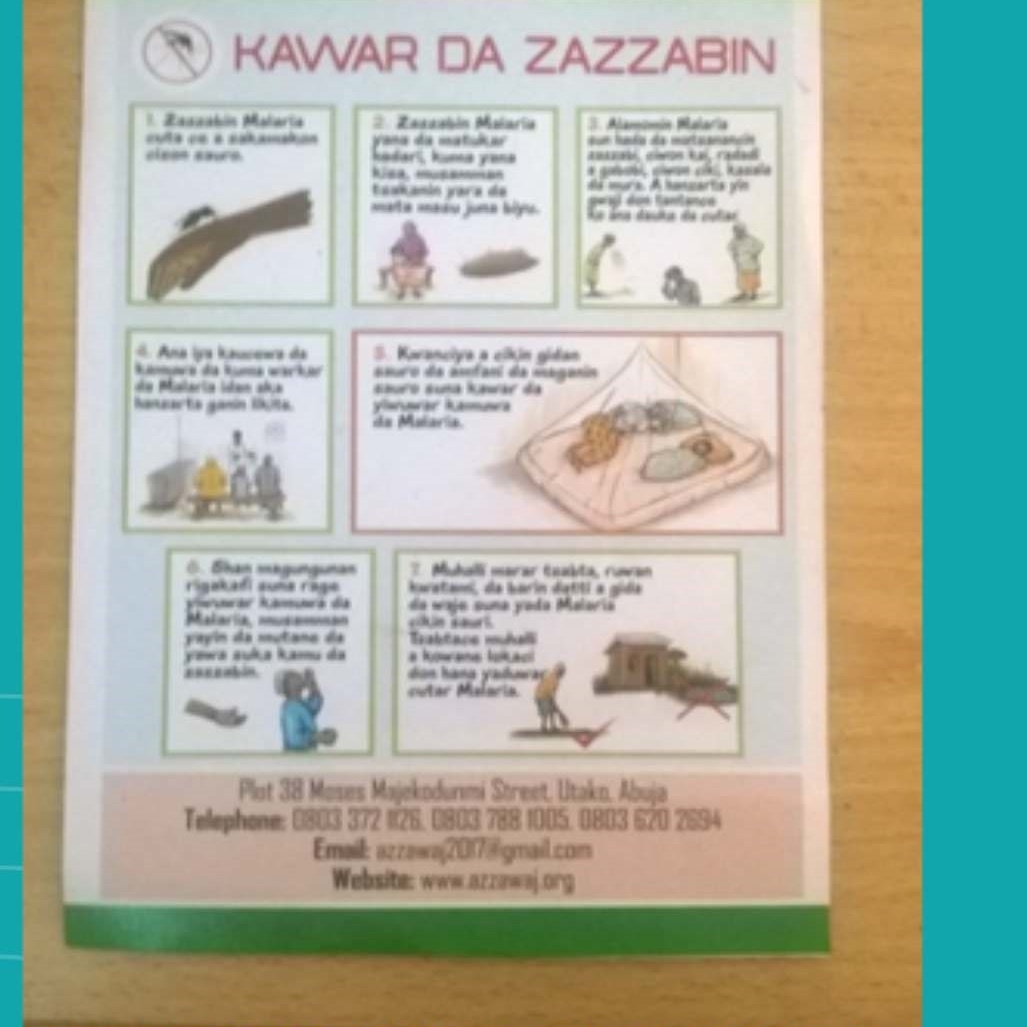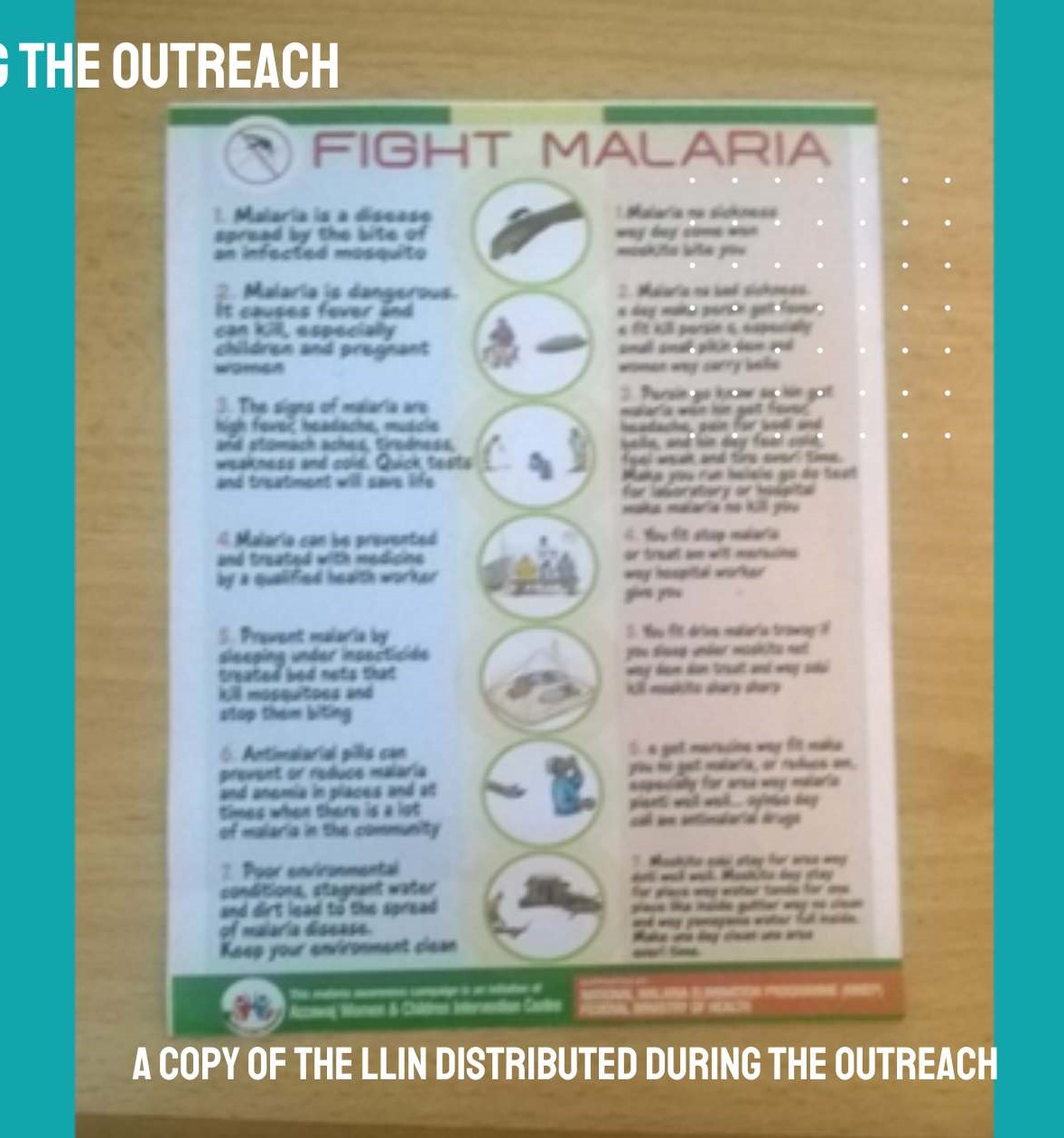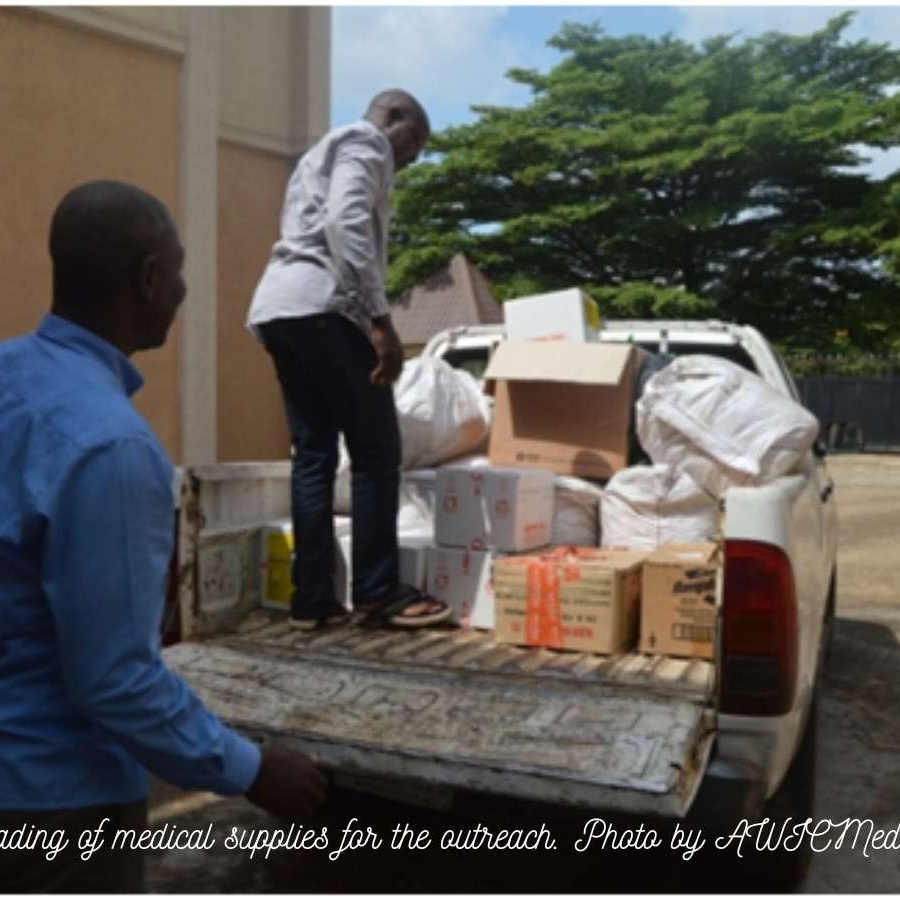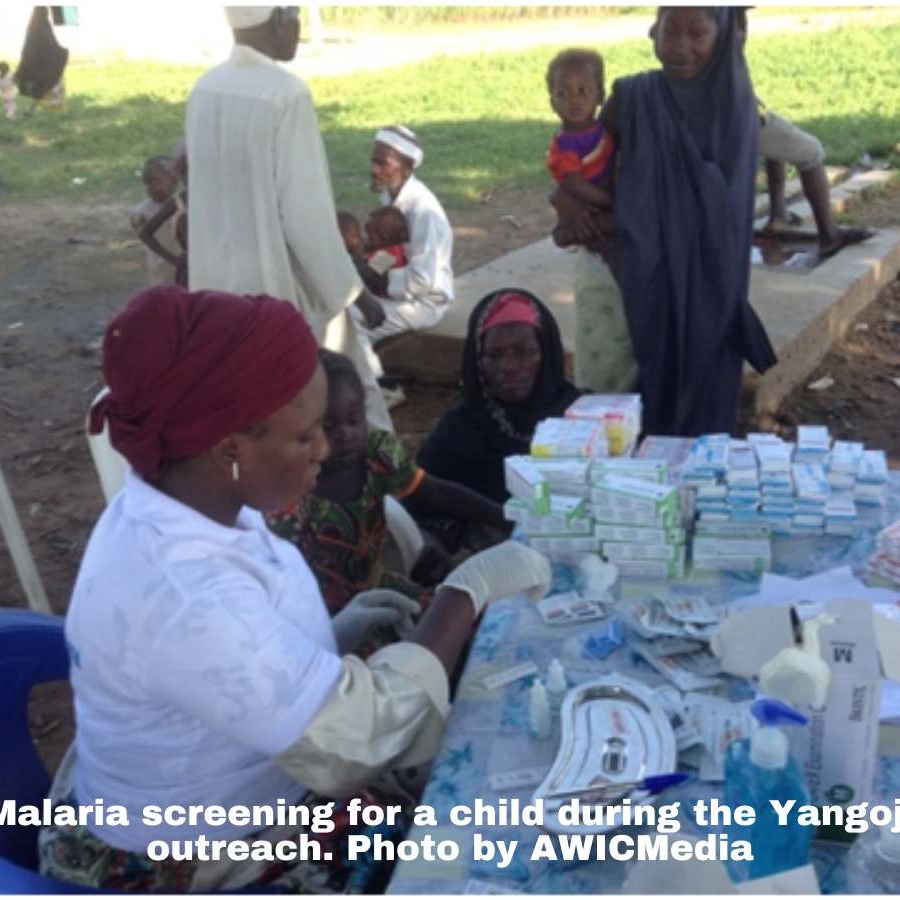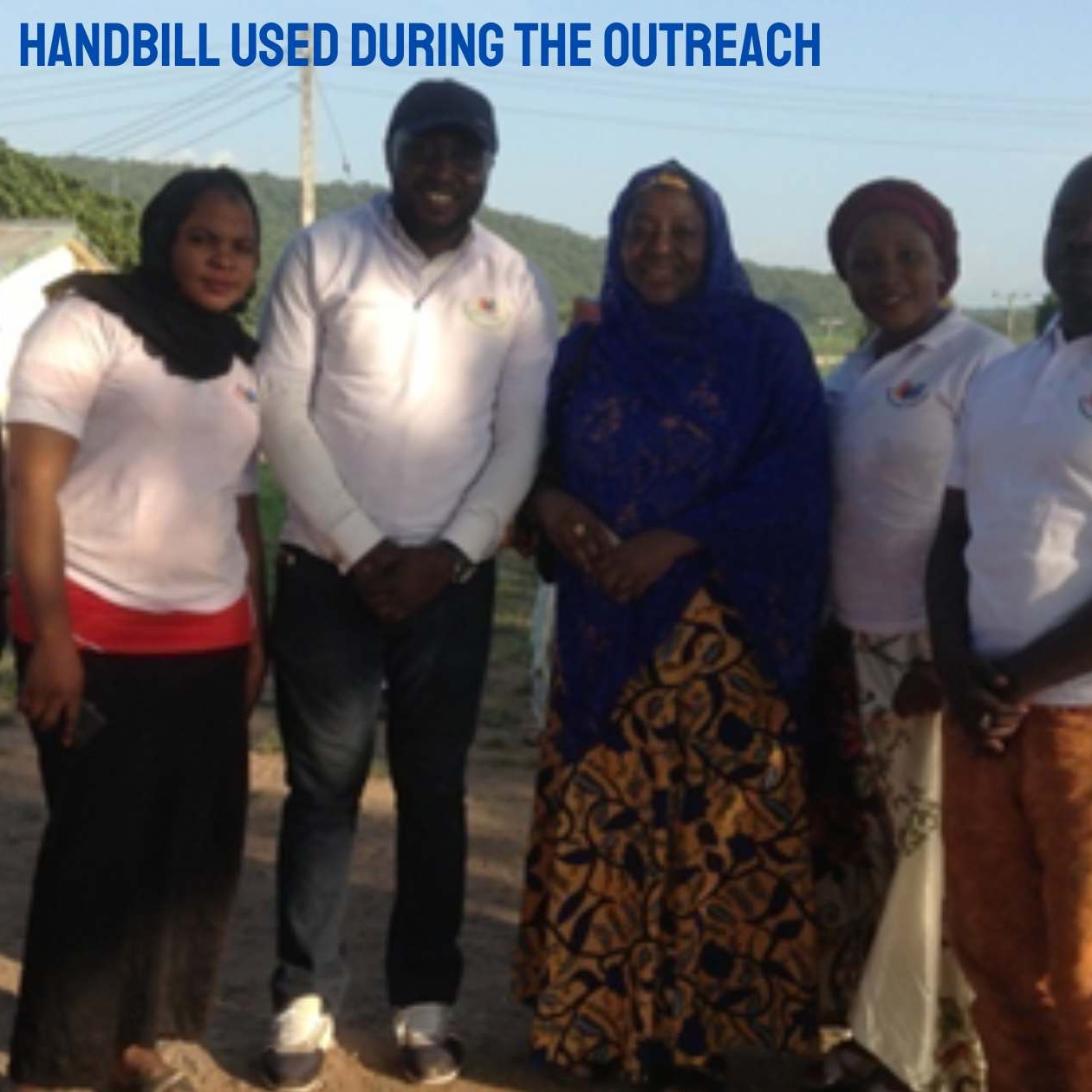WHAT:
Malaria is an important health concern in Nigeria. In rural communities where sanitary conditions are poor, malaria prevalence is usually very high. MAREP is a health initiative of Azzawaj Women & Children Intervention Centre, to contribute to efforts at reducing malaria prevalence in rural communities. This initiative was conceived to match efforts of attaining Goal 4 of the SDGs in Nigeria. With the support of the National Malaria Elimination Programme (NMEP), an agency under the Federal Ministry of Health, MAREP was able to deliver this intervention to targeted communities after a WASH assessment was conducted.
WHY:
The WASH assessment report showed that communities living on the periphery of the capital city Abuja have a prevalence of malaria and related diseases. The assessment report was corroborated with the out patient records of the Primary Health Centres located within these communities. This informed the decision to undertake an intervention to reduce the scourge of malaria in those communities; hence, MAREP.
The focus of the project was to reduce malaria burden within the target communities through:-
- Malaria prevention education and awareness campaigns by engaging critical stakeholders in the communities including community leaders, healthcare workers in the communities, women, youth.
- Conduct training for 15 community healthcare service providers
- Provide free rapid diagnostic tests for malaria
- Intermittent preventive treatment for pregnant women
- Provision of free malaria medication
- Distribution of 400 LLIN (Long-Lasting Insecticidal Nets) to the most vulnerable in the target communities ie pregnant women and children.
How:
With technical and medical supplies from NMEP, the first intervention of MAREP was successfully implemented in Tungan Maje and the second in Yangoji, in Gwagwalada and Kwali Area councils respectively. The implementation of MAREP was multi-pronged. There was public health awareness, on-the-spot testing for malaria, treatment and the distribution of insecticidal treated nets for malaria prevention.
When:
September – October, 2018
Beneficiaries:
Women and Children of all age groups.
IMPACT:
776 persons comprising men, women, pregnant women, children benefited from the Project.
To ascertain the effectiveness of the project, AWIC conducted extensive monitoring and evaluation of the project and prevalence of malaria in the communities after each malaria intervention. During the post intervention, nearly 90% of beneficiaries of the intervention in both communities were found to be sleeping under the LLIN.
An evaluation of the project conducted two months after reported that the malaria prevalence in those communities was reduced by 34% according to the out patient records of the Primary Health Centres.

